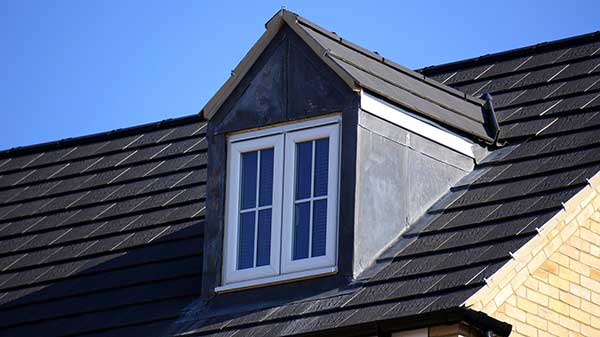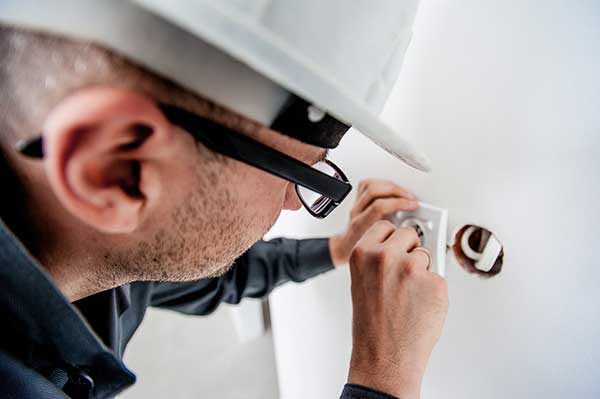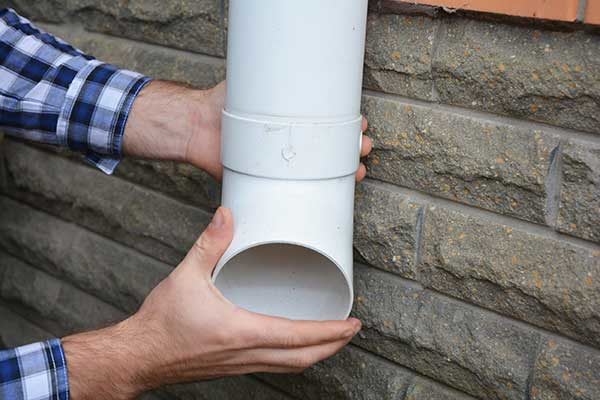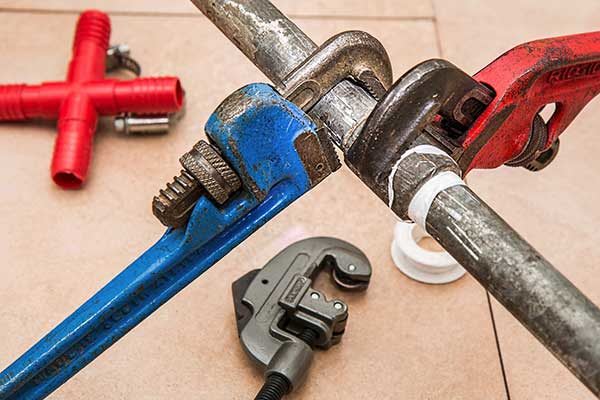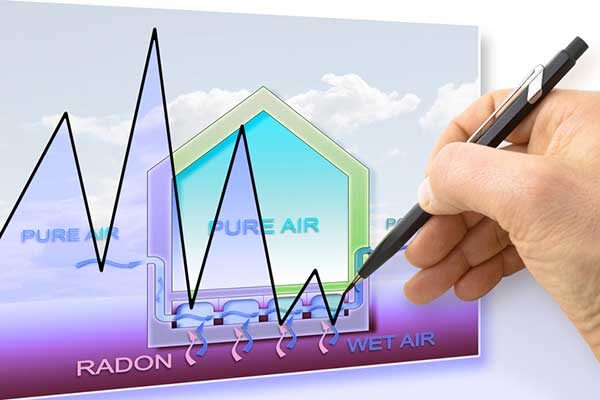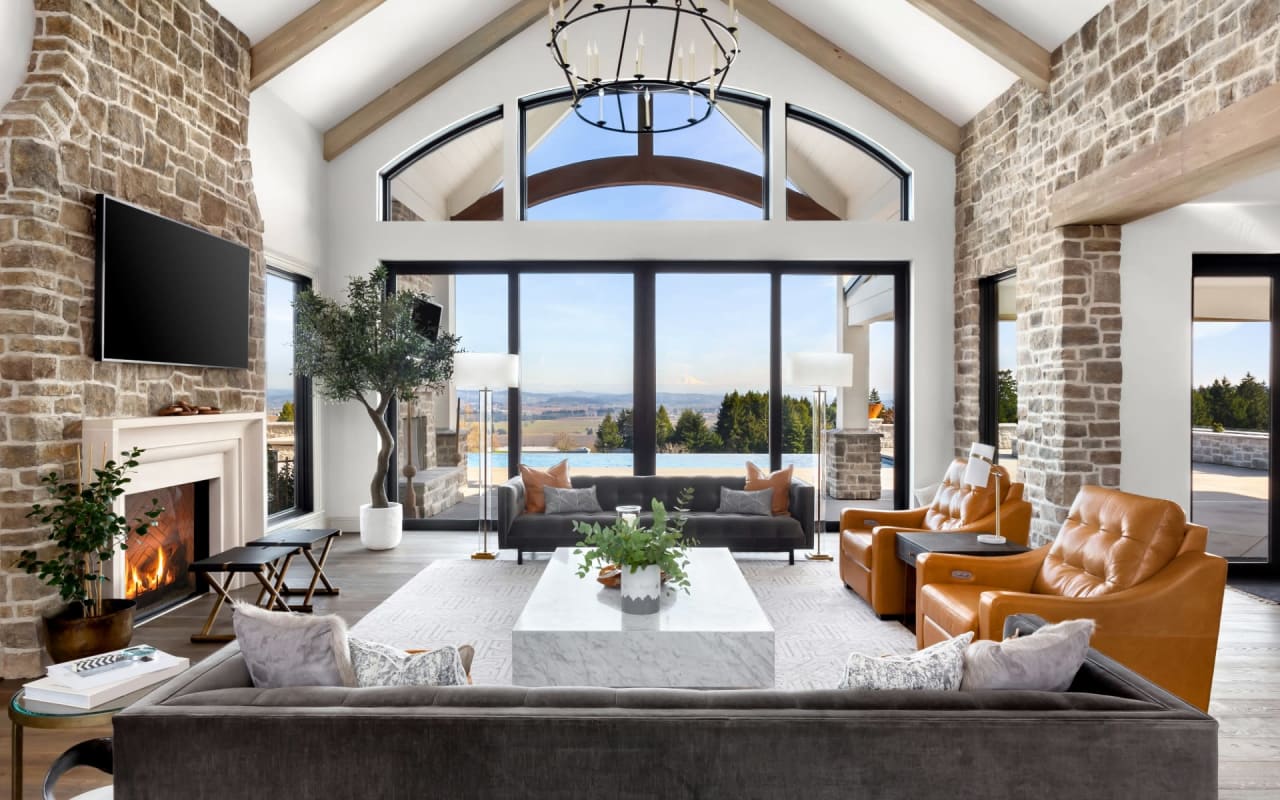If you’re about to purchase a home in Colorado, you probably already know that a home inspection is an important part of the home-buying process and that it can often make or break a deal if serious issues are found. “What defines a serious issue?” and, “What serious issues are common in Colorado?” may be a
couple of questions you are asking.
There are a number of issues that are commonly found in Colorado homes. Let’s discuss the top 5 common home inspection findings now so you can be sure to look for them on your inspection report.
1. Roofing Issues
Roofing issues can be quite common on home inspection reports in Colorado. 3-Tab asphalt shingles are an inexpensive and therefore common roofing material but are often subject to damage in Colorado’s high winds. If your prospective home has a shingle roof, make sure it has been professionally installed or repaired, and the roof is well ventilated to avoid overheating the materials.
Flat roofs are also an issue with Colorado homes. While it is an arid (dry) climate, there can be a large amount of rainfall, hail, or snow. Roof structures need to be able to handle snow loads and drain well. Flat roofs are also likely to suffer from sun damage, which is inescapable in such high altitudes.
If your home inspection report just turns up with some warped or crumbled shingles, it probably does not need to be a deal-breaker. You can often fix these issues for less than a few hundred dollars. However, if the roof is old, you may be able to negotiate a lower price on the home or a roof-replacement credit. The average lifespan of an asphalt roof in Colorado is 10-20 years.
2. Outdated Electrical Wiring
Most modern homes have an ample supply of electrical power and are wired to meet all modern electrical codes and standards. However, older Colorado homes often have undersized wires that don’t carry enough electrical current or contain loose wires in outlets, which can each create a fire hazard.
Aluminum wiring can also cause issues if not properly repaired. Older homes with single-strand aluminum wiring need to be inspected for poor or loose connections in outlets, switches, and light fixtures. Over time, expansion and contraction can cause aluminum wires to deteriorate, loosening the connection points. This creates a potential fire hazard because loose connections can arc or overheat.
Depending on the scope of the wiring issues, the cost of repairs could be a deciding factor for a purchase decision. Many issues may only require a simple fix, as in a loose wiring connection, but may require the complete overhauling of the electrical system, as in an unsafe electrical service drop or distribution panel, or unsafe wiring throughout the home.
3. Poor Surface Grading And Drainage
When water from rain or melted snow pools up around your home it can be a major cause for concern. If the grade and drainage around the home are not adequate, water can easily leak into the basement, or even make it to the soil under the foundation, potentially causing it to crack or settle. This can also cause erosion of the soil around your foundation leading to a negative slope in the grading which perpetuates the problem.
Water is extremely damaging to homes, yet many Colorado homes do not have an adequate water drainage system. Gutters should be able to collect and redirect water away from a home, but the downspouts are often too short. There should be a 10% downward slope within the first 5 feet away from a home’s foundation on any side. This is an inexpensive and easy fix in most cases.
If your inspector discovers poor grading and drainage around the home, it could pose a serious issue if not addressed. If adding dirt up against the exposed foundation would leave less than a four-inch gap between the ground and the siding materials, perhaps a swale can be dug out away from, but parallel to the the house, creating positive drainage that way.
4. Plumbing Issues
Your inspector may notice several plumbing problems, such as high or low water pressure, leaks, damage to pipes, slow drains, or signs of leaks. Plumbing problems are serious, due to how high the costs of water damage repairs can be. If signs of water damage or serious plumbing issues are found, a more thorough assessment should be performed.
Modern sewer pipes made of plastic are fairly reliable, but other piping materials sometimes found in older houses may not be. Clay pipes are highly susceptible to root intrusions and breaks and often need replacement. Cast iron pipes are more common, but can rust-out over time. Sewer-camera inspections, or “sewer-scopes” are becoming a popular way of determining the condition and life expectancy of drain pipes. If no blockages, breaks, holes, severe rust, roots, or long low spots are found, and water is flowing freely, buyers can feel comfortable purchasing the home. However, if your inspector finds a bad sewer line, you may want to think twice about moving forward with the sale, as fixing a sewer line can be costly.
5. Radon Levels
Radon is a radioactive gas that has been shown to cause lung damage leading to cancer and has been found in homes all over the United States. Radon is a naturally occurring radioactive gas that comes from the breakdown of uranium in the soil which moves up through the soil to the atmosphere.
Radon gets into your home through spaces between basement walls and the slab, cracks in foundations or walls, openings around sump pumps and drains, construction joints, plumbing penetrations, crawlspaces, and well water.
The age of your home is not typically a factor when it comes to the presence of high levels of radon, but location can be. According to the EPA, most of Colorado is in Zone 3, which has the highest levels of radon gas. Roughly 75% of homes in Colorado have radon levels that exceed the EPA recommended level of 4.0 pCi/L, so it is a good idea to ask your home inspector to measure radon gas levels when purchasing a home in Colorado. Radon mitigation costs range between $1-2,000.
Know What To Expect from a Home Inspection!
Home inspections may seem complicated, but they don’t have to be! Doing a bit of online research will help you have a better idea of
what to expect from a home inspection. Just make sure to hire the right inspector who is familiar with Colorado home issues as part of your due diligence before you decide to purchase a home.


